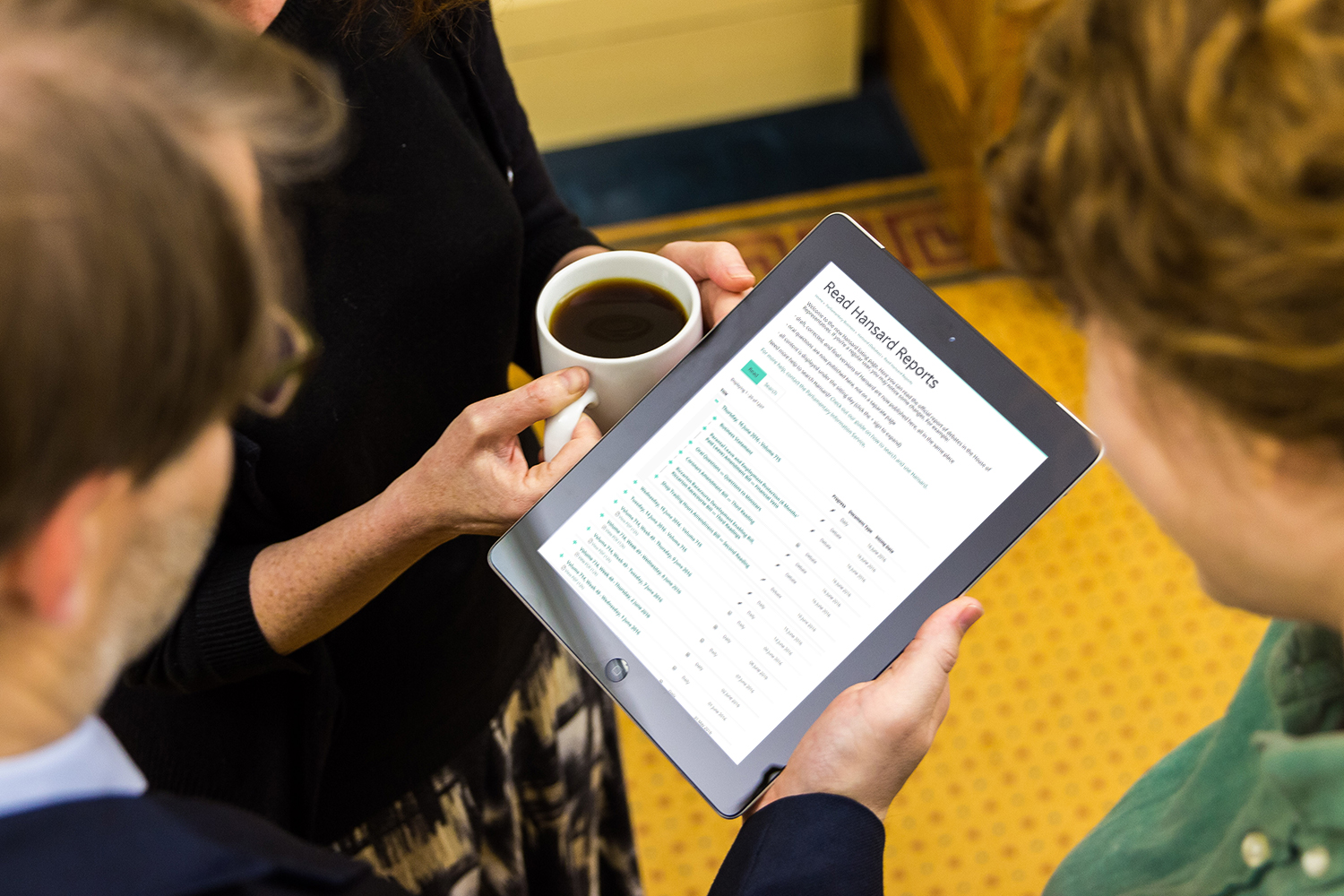Source: NZ Music Month takes to the streets
The Government is again delivering record investment in healthcare, providing New Zealanders with better health services and ensuring hospitals and healthcare facilities are fit for the future, Health Minister Simeon Brown says.
“Budget 2025 provides a $7 billion increase in Vote Health operating funding over the forecast period. This includes the $1.37 billion per annum increase to Health New Zealand’s baseline – bringing total health spending in 2025/26 to $32.7 billion,” Mr Brown says.
“Budget 2025 confirms our commitment from last year’s Budget of a record investment in health over three budgets. That funding is already delivering results – more elective surgeries, GP appointments, and other critical healthcare services New Zealanders rely on.
“Other new initiatives include $91 million to increase prescription lengths and $447 million to support increased access to primary care.
“Budget 2025 also invests over $1 billion in new capital to deliver modern, fit-for-purpose infrastructure that meets the health needs of New Zealand’s growing and ageing population.
“We’re also making real progress on our health targets. Emergency department wait times are coming down, cancer patients are being seen faster, and childhood immunisation rates are improving.
“This year’s Budget builds on that momentum, with targeted investments to strengthen frontline services and improve access to GP and specialist care across the country.”
For patients, this funding will support Health New Zealand to deliver its plan for increased care for patients and will include:
21,000 additional planned care treatments (to an estimated 343,000 treatments)
31,000 additional cancer treatments to administer new funded medicines (to over 455,000 treatments)
22,000 additional people receiving inpatient care (to an estimated 984,000 people)
50,000 additional events in emergency departments (to a projected 1,411,000 events)
231,000 additional general practice encounters (to a projected 21,824,000 encounters)
119,000 additional bed nights in the residential aged care sector (to a projected 9,717,000 bed nights, excluding psychogeriatric bed nights).
Specific Budget 2025 initiatives include:
Increased access to urgent and after-hours care, helping to reduce pressure on emergency departments
Expanding the primary care workforce, including training more doctors and nurses locally
24/7 access to digital primary care for online medical consultations, making it easier for people to get advice and prescriptions from their own homes
Easier access to long-term prescriptions and broader prescribing rights across the health workforce
Streamlined transfers from hospital to aged care, helping free up inpatient hospital beds and improve continuity of care
Increased funding for the Health and Disability Commissioner to improve complaint resolution and care standards
Support for a new multi-agency response to mental health distress calls
Continued investment in hospital and facility upgrades across the country, ensuring clinical environments are safe, modern, and fit for purpose.
“We are delivering on our promise to put patients first. This additional investment of 7.4 per cent in total funding represents an increase of 6.2 per cent per capita, which will make a real difference to people’s lives – ensuring timely, high-quality care for patients while supporting our frontline workforce who deliver that care every day.“Budget 2025 reflects our commitment that all New Zealanders – no matter where they live – deserve a health system they can rely on that is focused on delivering for them, the patient,” Mr Brown says.
